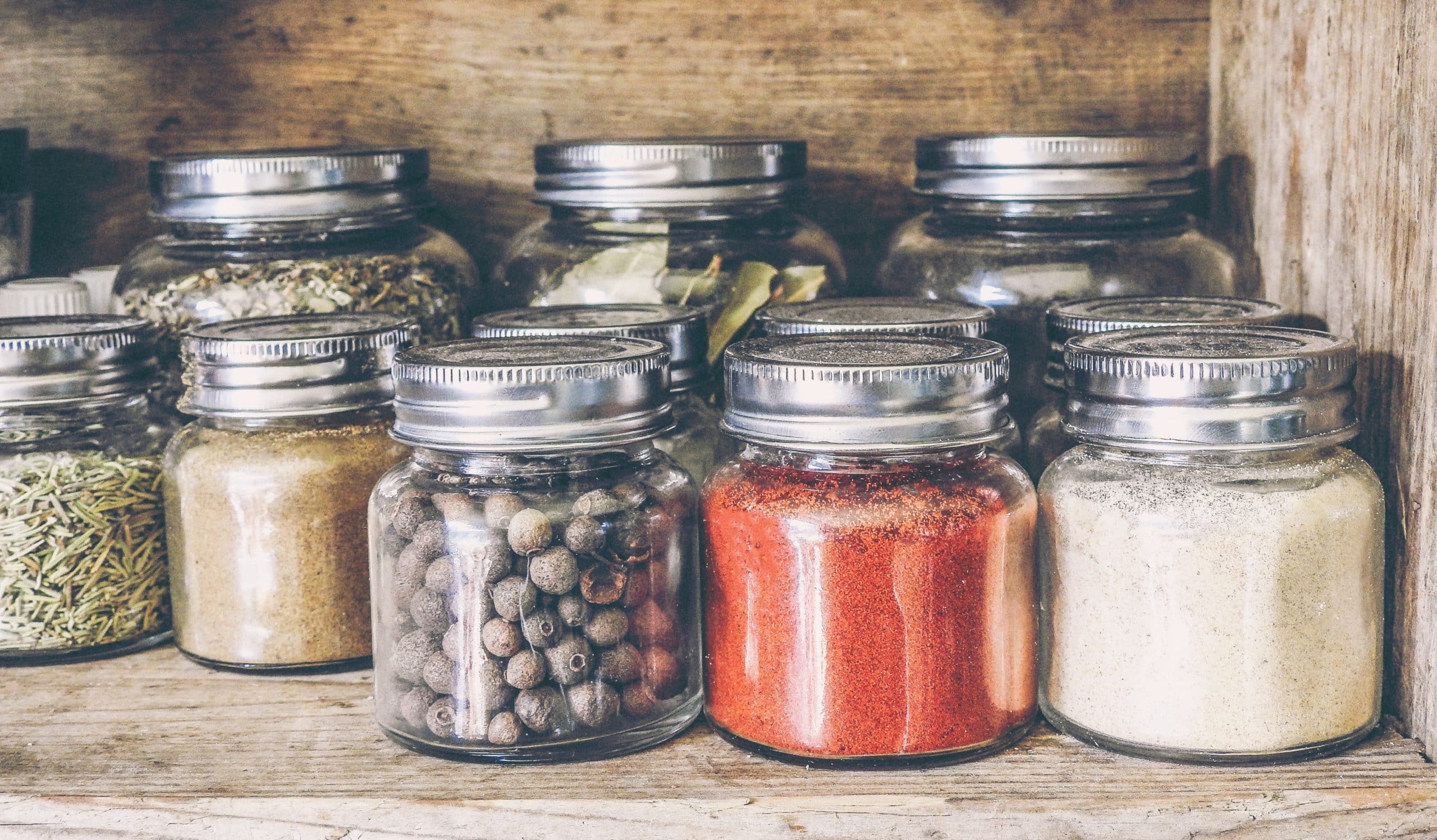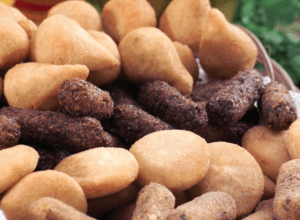Many customers are loyal to restaurants and eateries because of their spices. Today we created an article for you to grow your menu and attract more customers and more sales!
Seasonings
Spices are recipe ingredients that have a nutritional function and also help to intensify, enhance or enhance their flavor and aroma.
There are preparations where herbs and spices are added in the marinade, during cooking and at the end of the dish.
Therefore, they should be used very sparingly, consistently, respecting personal and cultural taste as well.
Like everything, the balance is in the dose.
Beware of these details when finding spices
The world market offers a number of ready-to-use seasonings and herbs and this seems like a big plus. Apart from the practicality and the method of conservation and dehydration, many spices are chemically modified so that they can stay a long time in the gondolas and stocks of markets and wholesalers until they are sold.
The vast majority come with an overdose of Monosodium Glutamate (flavor enhancer) and sodium and this is directly related to several modern noncommunicable diseases such as diabetes and hypertension. In addition to acidulants and antiumectants. Traditional Sazon has in its composition monosodium glutamate flavor enhancers, disodium inosinate and disodium guanylate and tricalcium phosphate antiumectant. This is certainly not food.
The purpose here is not to speak ill of industrialized products, they are really bad guys. But give a natural and tasty alternative for you to add to your salty and pass on to your customer your concern for their health as well. Knowing the harm, surely you would not give to your children, why do it with your clientele?
So here’s the recipe for a number of ready-made seasoning substitutes that can be made, stored and added to your recipe:
Homemade Recipes
“SAZON” HOMEMADE
Natural Seasoning for Red Meat (Cow and Pork)
2 tablespoons sweet paprika
2 tablespoons Garlic powder
2 tablespoons onion powder
2 tablespoons dehydrated parsley
1 tablespoon ground cumin
4 bay leaves or 1 tsp bay laurel powder
Natural Seafood Seasoning
1 tbsp dehydrated coriander
1 tbsp dehydrated parsley
1 tablespoon dried chives
1 tablespoon garlic powder
1 tablespoon coriander powder
1 tablespoon onion powder
Seasonal for Vegetables, Fish and Chicken
2 Tbsp Turmeric (Turmeric)
2 tablespoons dehydrated parsley
2 tablespoons dehydrated onion
2 tablespoons dehydrated garlic
1 tbsp dehydrated rosemary
1 teaspoon ground white pepper
Steps
Choose a type, mix the ingredients in a blender or multiprocessor and store in a glass jar with a lid. Even if dehydrated, these spices preserve essential oils, which are the elements that guarantee flavor and aroma. Over time, exposure to light, heat and moisture, these oils can rancify, losing their desired characteristics.
Is it ready?
To judge whether the spice is good, you need to smell and taste a little on the tip of your tongue. Mold smell, too sour and bitter taste are signs of product degradation as well as color fading and loss of flavor as well.
So it is best to buy herbs and spices, mix them and store in airtight glass jars in a cabinet free of moisture and light. The validity within these guidelines is up to 1 year. And the salt can be added later to not miss the bill. In some cases you won’t even miss so much salt.
Use dry spoon to pick up the spice. Or turn the pot over your palm and never directly over a pan that is exuding heat and steam because it may compromise the validity of your seasoning.
Seasoning
At the time of use, the ratio is as follows: where you would use a 5 gram ready-made seasoning bag, you replace it with a dessert spoon of that homemade seasoning.




